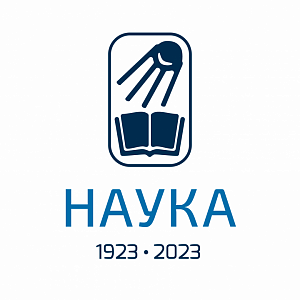Статья
Тепломассообмен и физическая газодинамика
2020. Т. 58. № 6. С. 852–863
Abdallaoui M.El, Amahmid A., Hasnaoui M., Pop I.
Simulation of natural convection around an inclined heating triangular cylinder using lattice Boltzmann method: On the stabilization of the oscillatory regime by using nanoparticles
Аннотация
Natural convection heat transfer in an inclined outer square cylinder confining a heated triangular cylinder is studied numerically using the Lattice Boltzmann method. The working fluid (pure water or $\rm Al_2\rm O_3$-water nanofluid) is confined in the space between the heated triangular body and an outer square cylinder. The cooling process of the system is ensured through two opposite isothermal cold walls of the external cylinder. The parameters governing the present problem are the Rayleigh number $(10^3 \le \rm Ra \le 10^6)$, the inclination of the configuration $(0^{\circ} \le \theta \le 180^{\circ})$, and the volume fraction of nanoparticles $(0 \le \varphi \le 0.04)$. The results obtained are presented in terms of streamlines, isothermes, intensities of the flow cells, and Nusselt numbers. This study shows that the inclination of the studied configuration has an important effect on the flow structure, the flow cells' intensities, the amount of heat evacuated through each of the two cold walls and on the steadiness of the final state of the flow (steady or unsteady). It is shown that the inclination of the system has a moderate effect on the global quantity of heat leaving the block ( undergoes a maximum variation of $12.2\%$ when the inclination is varied in its range). In addition, we show that it is possible to eliminate the Hopf’s instabilities and bring the flow to the steady regime by adding $\rm Al_2\rm O_3$ nanoparticles with certain volume fraction in the base fluid.
Ссылка на статью:
Abdallaoui M.El, Amahmid A., Hasnaoui M., Pop I. Simulation of natural convection around an inclined heating triangular cylinder using lattice Boltzmann method: On the stabilization of the oscillatory regime by using nanoparticles, ТВТ, 2020. Т. 58. № 6. С. 852
High Temp. 2020, v.58, №6, pp. 852-863
Abdallaoui M.El, Amahmid A., Hasnaoui M., Pop I. Simulation of natural convection around an inclined heating triangular cylinder using lattice Boltzmann method: On the stabilization of the oscillatory regime by using nanoparticles, ТВТ, 2020. Т. 58. № 6. С. 852
High Temp. 2020, v.58, №6, pp. 852-863








